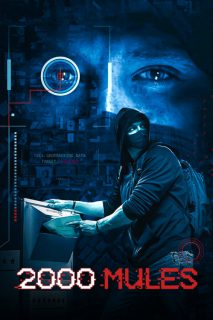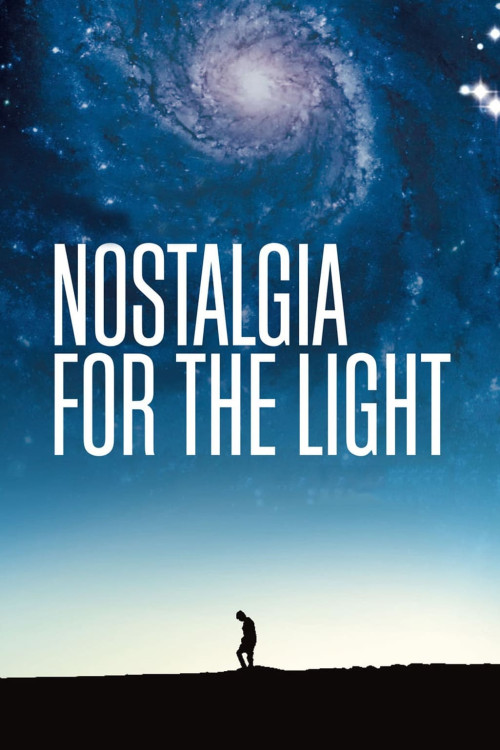
- Year: 2010
- Released: 17 Mar 2011
- Country: France, Germany, Chile, Spain
- Adwords: 9 wins & 20 nominations
- IMDb: https://www.imdb.com/title/tt1556190/
- Rotten Tomatoes: https://www.rottentomatoes.com/m/nostalgia_for_the_light
- Metacritics:
- Available in: 720p, 1080p,
- Language: Spanish, English
- MPA Rating: Not Rated
- Genre: Documentary
- Runtime: 90 min
- Writer: Patricio Guzmán
- Director: Patricio Guzmán
- Cast: Gaspar Galaz, Lautaro Núñez, Luís Henríquez
- Keywords: chile, astronomer, genocide, desert, astronomy, archeology,
 | 7.6/10 |
 | 91/100 |
 | 100% – Critics |
 | 84% – Audience |
Nostalgia for the Light Storyline
In Chile’s Atacama Desert, astronomers peer deep into the cosmos in search for answers concerning the origins of life. Nearby, a group of women sift through the sand searching for body parts of loved ones, dumped unceremoniously by Pinochet’s regime.—Anonymous
Nostalgia for the Light Photos
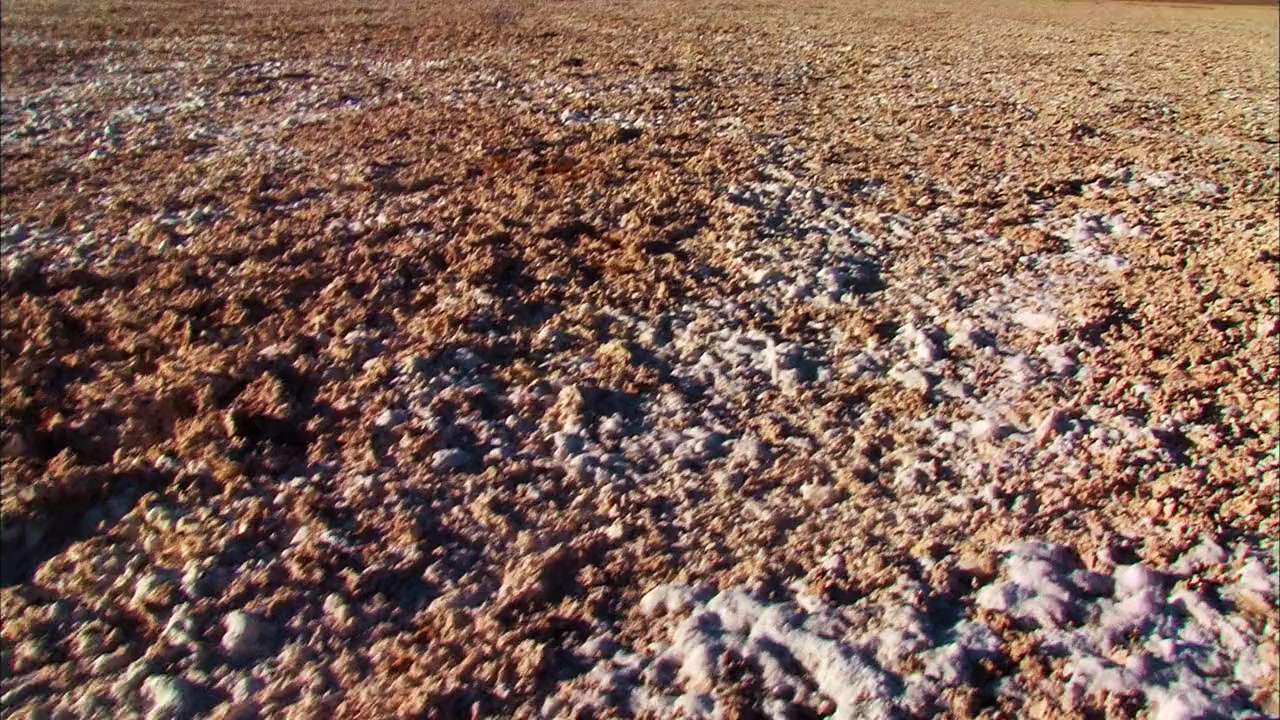
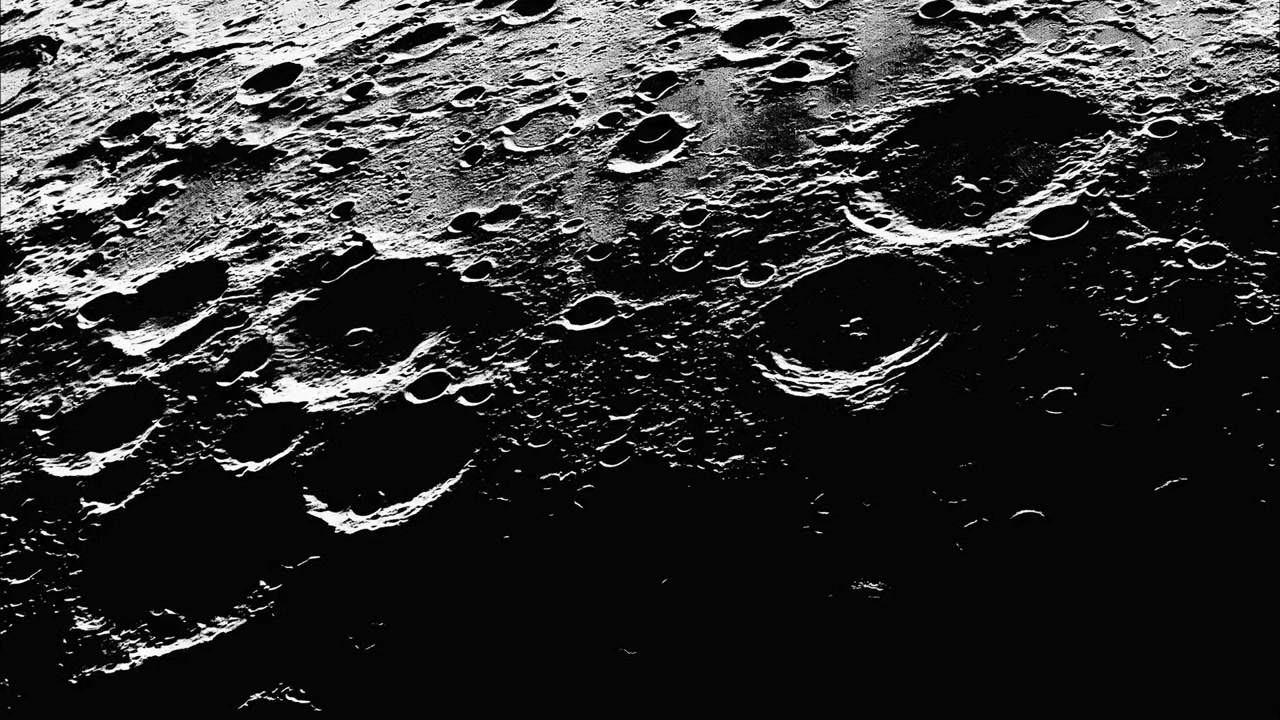
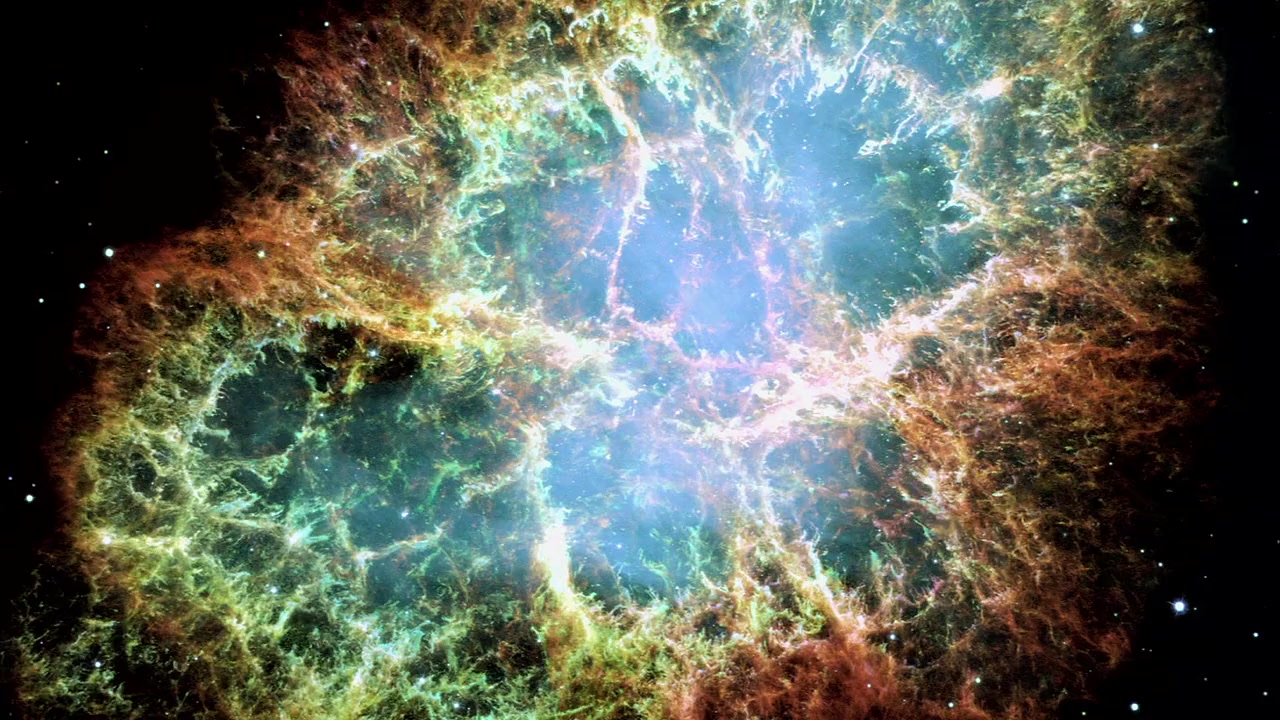
Nostalgia for the Light Torrents Download
| 720p | bluray | 828.07 MB | magnet:?xt=urn:btih:D217198161BDE5AD0F758B22F636B4890F4D203E | |
| 1080p | bluray | 1.5 GB | magnet:?xt=urn:btih:72F09154FBD8D5E8E1D45E9C18502BFB7812D84A |
Nostalgia for the Light Subtitles Download
Nostalgia for the Light Movie Reviews
A beautiful and moving film.
Chile’s immense Atacama desert is the setting for this stunning documentary that looks at the parallel between astronomers and relatives searching for remains of loved ones.
We are firstly greeted with an array of huge vistas of space, images taken from the various telescopes trained on the universe. They are glorious to look at and so huge in scale they make you feel insignificant. As the film progresses we are introduced to a new story, that of The Disappeared, the thousands of people who went missing during the years of Chile’s Pinochet regime in the 70’s. We meet relatives who still hope that the remains of their loved ones will be found, so they can finally be laid to rest. Pinochet had a series of concentration camps in the Atacama desert, once they were salt mines. Prisoners were killed and their remains scattered through the desert. How many, or exactly where, is something unknown. For decades, relatives have come to the desert and spent countless days digging and searching for remains, body parts, fragments of bones. Occasionally remains are found, a closure for somebody somewhere.
The relatives we meet are full hope that they will find the remains of the loved one missing for over 30yrs. They long to have that knowledge, that piece of mind and that’s why they return. It is devastating to hear these people, all women, talk. They talk of the hope they have at the start of each day and the despair that takes over after a fruitless day. They talk of being able to die at peace if they find their loved one. The idea that in modern times such atrocities were committed and that even today such little is known is so disturbing, showing the true horrors that humanity can commit. Yet through this horror, there is hope, small groups of people continue the fight to find loved ones and recover the truth.
The film draws on the parrallel that these two groups, the relatives and the star gazers lead simliar lives. They are both searching, searching for truth, for understanding. Both are working in the past, in that images from space are from the past, with light reaching us after something has happened, the relatives relive the past everyday hoping for some revelation. Somehow, despite the very obvious differences there is connection. Much of the connection and the film itself comes from the idea of space and scale. Footage of the Atacama shows it’s immensity, small dots of humans work their way across tiny areas of a seemingly endless expanse. Mountains rise up, a toy like train crawls across the land. Even the telescopes are immense, the buildings they stand in, the mechanisms that run them are simply huge. The images, so huge and almost overwhelming fill the screen, just as the huge task that those searching for remains, searching for truth, fills the heart.
It is a beautifully made film, that is at once both fascinating and immensely sad, but offers hope that perhaps we live in a better time and that people are have been able to help keep the past alive.
More reviews at my site iheartfilms.weebly.com
Nostalgia For The Light seamlessly connects the constellations of astronomy and the fossilisations of archeology with that of the tyrannical Pinochet dictatorship.
Past. Present. Future. Time is nothing more than a grain of sand basking in the expansivity of the Atacama desert. A multitude of particulates comprising the essence of universal history. Humanity, throughout centuries of beguiling empires and colossal civilisations, expends precious present time to research forgotten pasts in order to shape the future. To better society for the next generation. To evolve as an intellectual species. To live and learn. Astronomers magnify their tender visions towards the stars, attempting to acquire omniscient knowledge for the origins of life. Stars that, whilst illuminate the night sky with faint glimmers of freedom, have since perished. The light of a past life, gliding across space and time. Observatories prevailing the mountainous peaks of the Chilean deserts, never glancing down on the arid ground. Archeologists scavenge the vastness of perilous lands to uncover the remnants of primordial civilisations. Buried beneath the bustling metropolises that preside over the earthly layers of desolation. Scanning the facets of crimson rocks beneath the blistering sun of the Atacama desert for pre-Colombian scriptures, always searching beneath the scorched ground. Both professions delicately observing the past to answer questions that have remained undetermined.
Yet both ignore the significance of an “insignificant” massacre that is conveniently concealed by Chilean society. The Pinochet regime. A military dictatorship that detained and slaughtered thousands of Chileans, obscuring the remaining evidence by moulding mass graves in the midst of the wilderness. A particulate in history that the modern Chilean populous have audaciously decided to ignore. However, a selection of zealous women scout the Atacama landscape foraging for fragments of shattered bones, in the glimmering hope that the remnants of their beloved will be uncovered. The human tenacity tested. A near impossible task for peace and solace. Scouring the desertification of the past, to seek comfort for the future. Much like astronomers and archeologists, these women are on the same emphatic journey for answers. All delving into the past to establish a greater understanding.
Guzmán’s cinematic diary, whilst tackling the sociopolitical ignorance of the Pinochet dictatorship, existentially challenges the national application of insufficient accountability through the metaphoric connectivity between the regime’s outlook and astronomy. Two initially diverse subjects somehow manufacturing a multitude of succinct links that convey the ferocious human spirit. Transitioning between various professions, utilising articulate interviews and profound commentary, to devise various associations that elude to a thematic symbiotic relationship. The female individuals foraging the desert for splinters of calcium, in the form of bone fragments, whilst astronomers scan calcium levels within the remnants of stars. Guzmán visually comparing the two through the usage of still slides. Commencing with close-ups of asteroids and moons before metamorphosing the images to bone fragments, assimilating an indistinguishable identical form. Cinematic examples such as the aforementioned further enhance the interchangeable thematic quest, searching for fractured past life in the present.
Various connections may initially seem tenuous, especially when focusing on the survivors from the Chacabuco concentration camp, but that’s where Guzmán’s enlightening commentary comes into fruition. Describing Lawner’s time at Chacabuco, whom was referred to as an “architect” for his acute ability in memorising the prison’s infrastructure by systematically counting how many steps dictated each wall, may originally seem insubstantial. Until Guzmán concludes his interview with a scholarly comment regarding Lawner’s wife. The couple are a metaphor for Chile. He remembers the past, she, whom is suffering with Alzheimer’s disease, is forgetting.
Circling back to the primary purpose of Nostalgia For The Light. We should never forget, but instead remember. To educate ourselves into uncovering our own origins. Bolstered by provocative imagery, with much applause aimed towards Dijon’s exquisite cinematography (except the commonly used stardust filter that cheapened the cinematic quality of the documentary), and poetic narrative flow, Guzmán relentlessly tackles the parallels time offers to humanity. Physically transporting us on a self-discovering journey across the cosmos and the sprawling ground beneath our ignorant feet. We expend substantial amounts of time surveying remnants of remnants in a bid to discover answers, yet those who do not are unable to understand their past. There is no beginning or future to them. Only existence as a shell. “Compared to the immensity of the cosmos, the problems of the Chilean people might seem insignificant. But if we laid them out on a table, they would be as vast as a galaxy”.
Those who have a memory are able to live in the fragile present moment. Those who have none don’t live anywhere.
This film is not a documentary in the traditional sense. It is more a work of poetry, or a spiritual experience.
The brutal results of Pinochet’s military dictatorship are meshed with the search for the origins of the universe. Both subjects deal with the past, as we only have past and future; there is no present as Augustine said many years ago.
So, astronomers are really archaeologists. They study space to discover the past. Writer/director Patricio Guzmán combines this “archaeology” with the archaeologists who search the desert for the bodies buried by Pinochet.
A fascinating story.
